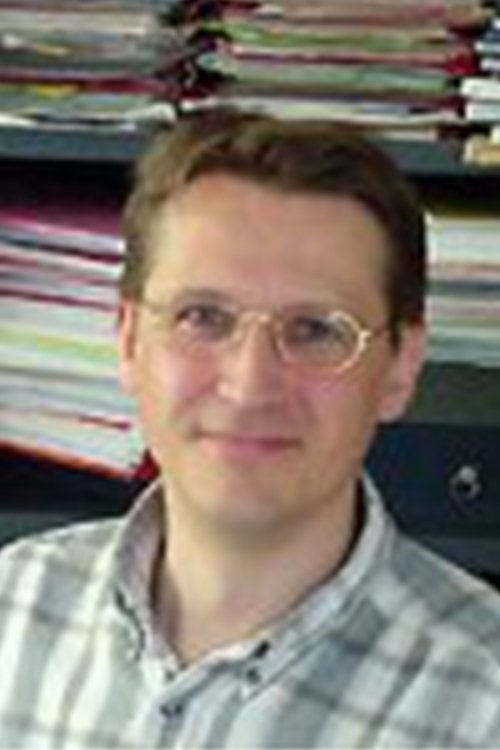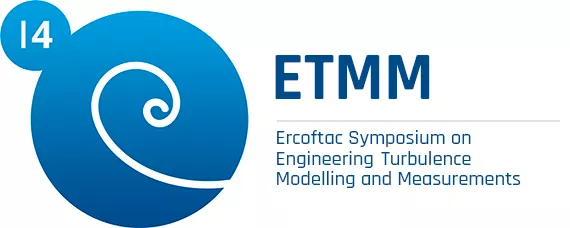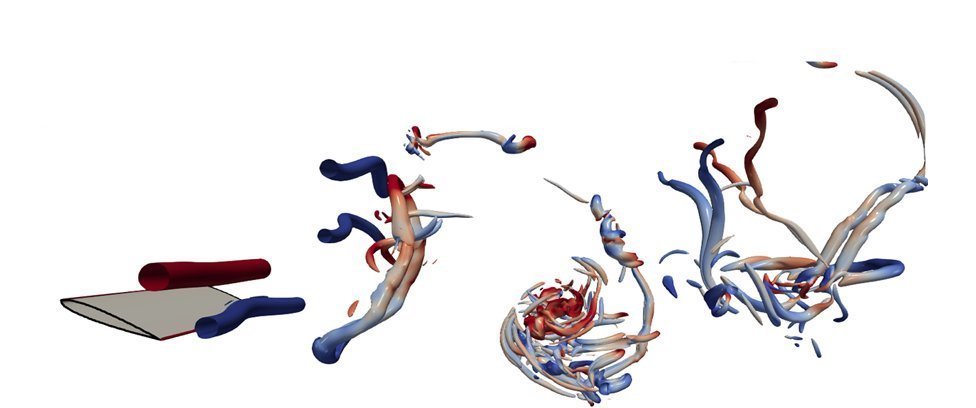
Luc Vervisch
INSO Rouen, France
Luc Vervisch
INSA Rouen, France
"Turbulent reacting flow modeling: Recent developments in sub-grid scale signal reconstruction in flames and statistical methods for reactive-particle dynamics"
The challenges of turbulent reactive flow modeling will be summarized in a first part, with examples given in the context of environmentally friendly systems for energy production and transformation industries. In a second part, new paradigms in sub-grid scale (SGS) modeling of turbulent flames (sources and fluxes) will be addressed using high-order methods with signal reconstruction (deconvolution). Finally, new statistical modeling of particle dynamics (nucleation, growth, agglomeration, oxidation) will be discussed, with applications to both sooting flames and crystallization in liquids, the latter using Lattice Boltzmann Method.
Short Biography
Luc Vervisch is a professor at the National Institute of Applied Sciences (INSA) Rouen Normandy and researcher at the CNRS laboratory CORIA. He completed his PhD at Laboratoire National d’Hydraulique (LNH) in Chatou (Paris) in 1991, followed by a Post-Doc at Center for Turbulence Research (CTR) Stanford. His research focusses on turbulent reacting flows, combustion and flames. Luc was awarded a senior research position at Institut Universitaire de France (IUF) in 2014 and the Prix Jaffé of the French Academy of Sciences in 2015. He is currently member of the scientific council of IFP Energies Nouvelles and serves as reactive flow expert for the company SOLVAY.


